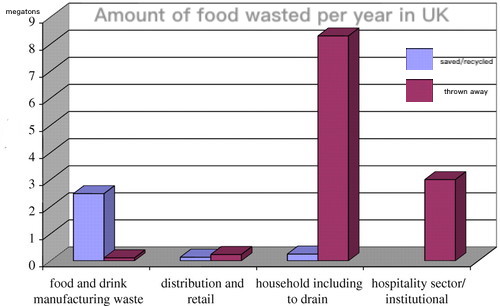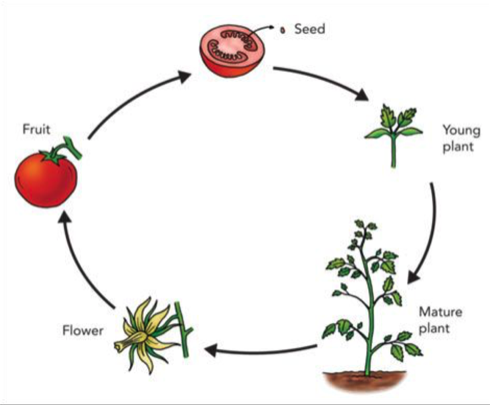1. Read Aloud – PTE Test Recent Exam Memories
Tortoise – PTE Read Aloud
– 12 February 2023 @Adelaide, Australia
The tortoise size and shell shape varies depending on where they live. The shell is made of bone and is a dull brown color. Their ribs, backbone and breastbone have become part of the shell, which is why you can never separate the tortoise from its shell.
Department Stores – PTE Read Aloud
– 10 February 2023 @Brisbane, Australia
In this course, we will explore how such things as department stores, nationally advertised brand-name goods, mass produced cars and suburbs transformed the American economy, society and politics. The course is organized both thematically and chronologically. Each period deals with a new development in the history of consumer culture.
Attendance to Theater – PTE Read Aloud
– 15 February 2023 @Melbourne, Australia
Experts discuss the significance of attending the theater as a civic occasion, associated with the political and cultural achievements of Athens. Through archeology and analyses of contemporary art forms such as decoration on pottery, a picture is built up of ancient Greek theater.
Norms and Values – PTE Read Aloud
– 8 February 2023 @Adelaide, Australia
Members of a culture must conform to its norms for the culture to exist and function. Hence, members must want to conform and obey rules. They first must internalize the social norms and values that dictate what is normal for the culture. Then they must socialize or teach norms and values to their children.
2. Describe Image – PTE Test Recent Exam Memories
Wasted Food (3 February 2023 @Chengdu, China) – PTE Describe Image

Water Cycle (4 February 2023 @Guangzhou, China) – PTE Describe Image

Tomato Life Cycle (15 February 2023 @ Seoul, South Korea) – PTE Describe Image

3. Summarize Written Text – PTE Test Recent Exam Memories
Biology And Climatology (2 February 2023 @ Melbourne, Australia) – PTE Summarize Written Text
Ecology is the study of interactions of organisms among themselves and with their environment. It seeks to understand patterns in nature (e.g., the spatial and temporal distribution of organisms) and the processes governing those patterns. Climatology is the study of the physical state of the atmosphere – its instantaneous state or weather, its seasonal-to-interannual variability, its long-term average condition or climate, and how climate changes over time. These two fields of scientific study are distinctly different. Ecology is a discipline within the biological sciences and has as its core the principle of natural selection. Climatology is a discipline within the geophysical sciences based on applied physics and fluid dynamics. Both, however, share a common history.
The origin of these sciences is attributed to Aristotle and Theophrastus and their books Meteorological and Enquiry into Plants, respectively, but their modern beginnings trace back to natural history and plant geography. Seventeenth, eighteenth, and nineteenth century naturalists and geographers saw changes in vegetation as they explored new regions and laid the foundation for the development of ecology and climatology as they sought explanations for these geographic patterns. Alexander von Humboldt, in the early 1800s, observed that widely separated regions have structurally and functionally similar vegetation if their climates are similar. Alphonse de Candolle hypothesized that latitudinal zones of tropical, temperate, and arctic vegetation are caused by temperature and in 1874 proposed formal vegetation zones with associated temperature limits.
Sample Answer:
Ecology is the study of interactions of organisms among themselves and with their environment, while climatology is the study of the physical state of the atmosphere, and these two fields of scientific study are distinctly different, but they share a common history and previous naturalists and geographers see changes in vegetation as they explore new regions and lay the foundation for the development of ecology and climatology as they seek explanations for these geographic patterns. (75 words)
4. Summarize Spoken Text – PTE Test Recent Exam Memories
Absolutism (10 February 2023 @ Guangzhou, China) – PTE Summarize Spoken Text
With the concept of moral objectivism, what we’re looking at is the idea that there can be some universal moral principles: some rules, some ideas and guidelines that are valid for all people in all social environments and all situations. The idea that we can essentially have some signposts or a road map to guide behavior is going to be consistent across all individuals. Now if we take a look at this in another perspective, we can come up with a view of moral absolutism. In the area of moral absolutism, basically, what we have is illustrated on the right-hand side of this slide, is a very firm and unyielding boundary between what is right and what is wrong. And so, within moral absolutism, basically what you have are these non-overridable principles. They must be followed. They must never be violated and there were no exceptions. It is always right. It is always wrong. And nothing is subject to interpretation, and nothing is dependent upon the situation.
Our PTE Prediction File is to record as much as of the official PTE question database, and with quality assurance measure we can guarantee a minimum of 70% similar questions of our question bank in the PTE exam.
Here are frequently asked PTE test memories and questions from the recent PTE exams (February 2023) with dates and locations.
More real PTE exam memory questions for February 2023?
Get start with signing up with PTE BANK!
Step 1: Register an account
Step 2: Choose your perfect PTE Exam Package
Step 3: Go to “My Account”, click on “download” to get PTE preparation materials




